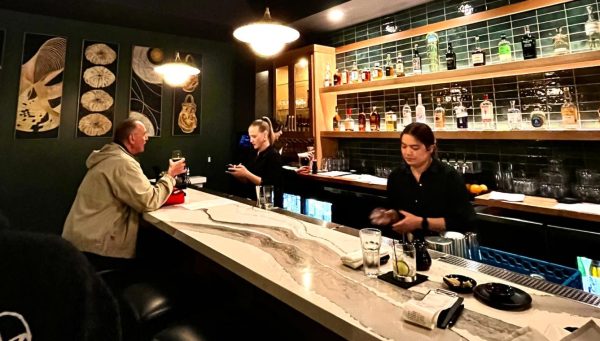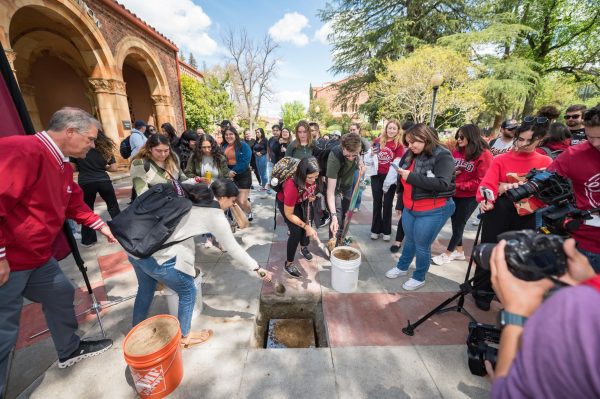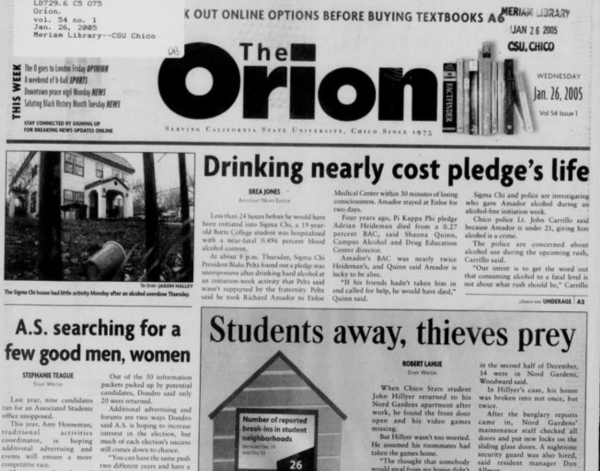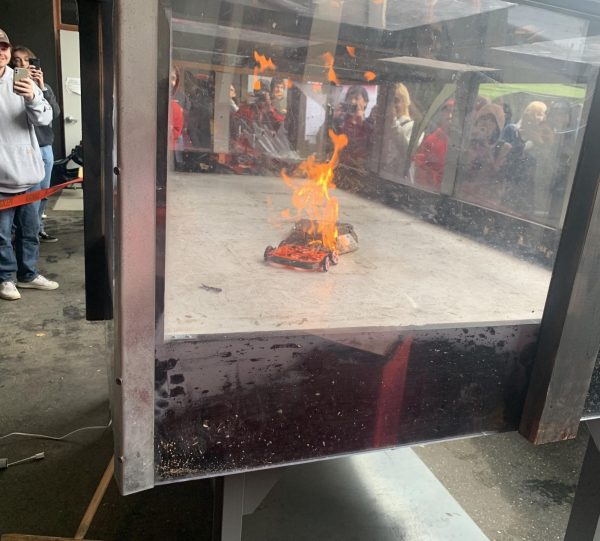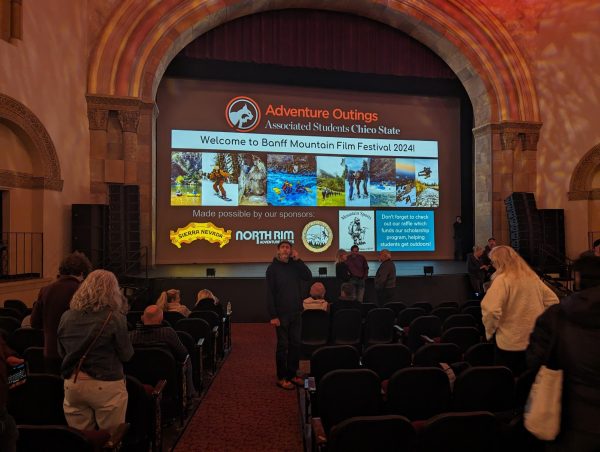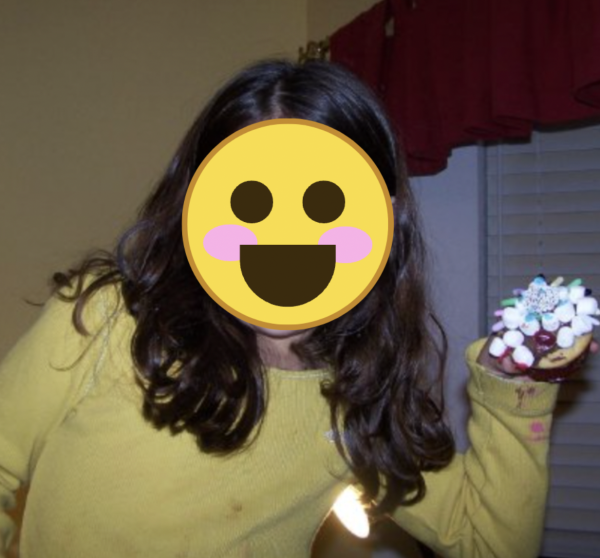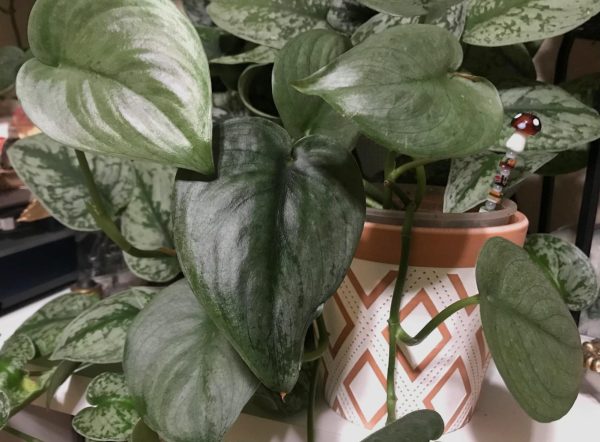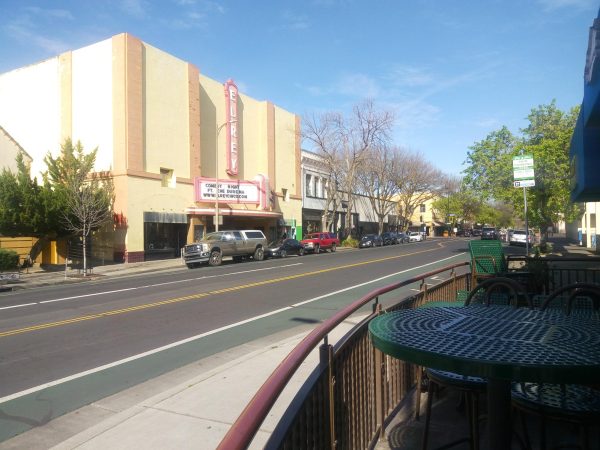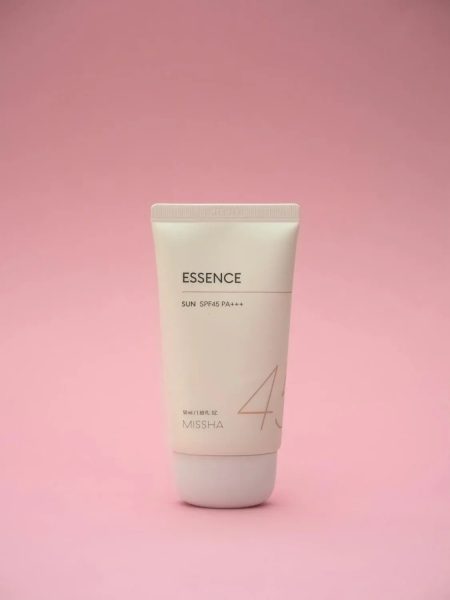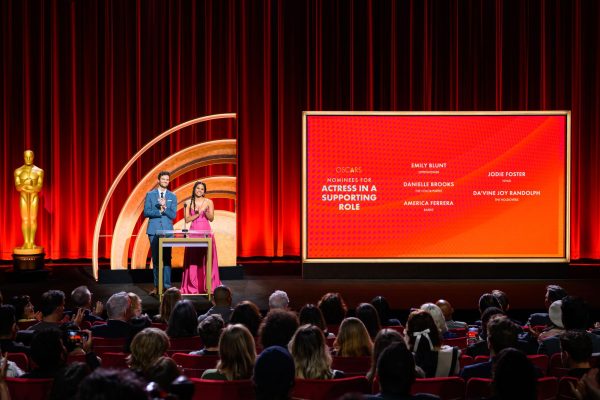Letter to the editor
Title: “From One White Student to Another”
Author: Rachel Ward, Director of the AS Gender & Sexuality Equity Center (GSEC)
This letter to the editor was written in response to the opinion article “Race relations are moving backward.”
The days following Queer Week, myself and a few others from the AS Gender & Sexuality Equity Center (GSEC) were celebrating what wonderful coverage the week-long event had received from the Orion. There were pieces written about the drag show, the latinx & LGBTQ+ panel, as well as the pride party. I was ecstatic.
Then, we found the one article that would successfully sour our excitement. While I was elated that queer voices felt celebrated, I was also disappointed to see that coverage tainted by an insensitive, racially prejudiced opinion article. This article claimed that “poor race relations” are merely a figment of our imagination, unsupported by statistical evidence, since there simply isn’t any “noticeable racial discrimination” in the United States.
To the author of that article, I am writing to respectfully challenge your piece with hope that you and others will genuinely take the time to reevaluate how y’all stand on this issue. However, I cannot deny that my piece is influenced by anger and frustration. I cannot deny the hurt you’ve caused many members of our Chico communities of color when you stated things like: “People simply have the impression that race problems exist. It’s complete nonsense.”
By no means can I, as a white person, speak for the feelings and experiences of my fellow students of color. In the words of Megan Rapinoe, who knelt during a soccer game’s national anthem in solidarity with Colin Kaepernik: “I haven’t experienced over-policing, racial profiling, police brutality or the sight of a family member’s body lying dead in the street. But I cannot stand idly by while there are people in this country who have had to deal with that kind of heartache.”
Of course, the comment I left on your article online, which also respectfully challenged what you wrote, was coincidentally deleted.
As a white person on this campus, I cannot deny the unearned benefits I receive solely due to the color of my skin, just like I cannot deny that my sexuality and gender expression also put me a higher risk of experiencing prejudice, microaggressions, and sometimes violence. Dare I introduce the theory of intersectionality, a term coined by law professor and black feminist author Kimberle Crenshaw. Understanding and honoring how various types of identities, experiences, and interlocking systems of oppression influence one another is not only a theory but also a way of living, thinking, and feeling.
Nonetheless, here lie the issues with your article.
1. You used the given statistics disingenuously. We must adjust for population when discussing the amount of white people killed by police versus black folks or other communities of color. For instance, although we may see similar numbers of unarmed white and black folks being killed by police officers, we must also take into consideration that the U.S.’s white population is approximately five times larger than the black population. Do you know what this means? This means that black folks are actually five times more likely to be shot and killed by a police officer. Regardless of the reason(s) behind that statistic, I think it’s safe to say that folks are validated in feeling a particular way (i.e. confused, angry, scared).
2. You equivocated the experiences of all people of color. You failed to see the true diversity in all non-white lived experiences and successfully ignored the current state of our fellow Latinx, Asian/Pacific Islander, and Native students as well as folks of other ethnicities and cultural backgrounds. Racism affects all of these communities on both a systemic and interpersonal level. Native folks in this country, for instance, have faced (and continue to face) a heinous amount of racism, ranging from their lands being seized from the government to seeing their culture be made a mockery by professional, amateur, and high school level sports teams (i.e. the Washington Redskins). That unfortunately doesn’t even begin to scrape the surface.
3. You claimed that races are equally represented in different social areas. C’mon, seriously? Other than your citations about our ever-increasing diverse labor force, your “different social areas” are never specified. Why don’t we talk politics, where people in positions of power make significant decisions on our behalf? Although non-white folks share roughly 38% of the U.S. population, they only occupy 17% of the seats in Congress. Needless to say, Congress is still disproportionately white. And male. And cisgender. And straight. I’m sensing a trend here.
Why don’t we take this even further and explore the level of representation at our very own university. Although white students do not quantify the majority attending Chico State (at 44%), the reality is not the same for the faculty who teach here. Our instructional faculty are 79.1% white; this means that almost four out of five professors you have this year will be white. Although there are efforts taking place to mitigate this and diversify our professors, we can at least acknowledge how this might be affecting our students of color right now. Let’s listen and validate, not cause further pain by ignoring the many truths in the room.
I am not writing to embarrass you, though your piece was embarrassing. I am not writing to shame you, though your piece was shameful. I am writing to speak to a topic that affects many, that cannot simply be captured in some 1000 words or less in a newspaper. It’s much deeper, much more complex than that.
Lastly, I am writing to y’all because if you won’t listen to your fellow students of color, as sad as that is, maybe you’ll listen to another white person. Please reconsider the role you play on our campus. Please ask yourself, in 20 or 30 years, am I going to look back and wish I was on the right side of justice? Was I complacent, or did I do something to promote love, empathy, and liberation for all?
In the words of Krystle Tonga from the Cross Cultural Leadership Center (CCLC): “Challenge by choice.” I challenge my white readers to make the decision to think deeper and more critically. More importantly though, I urge you to think with love.
